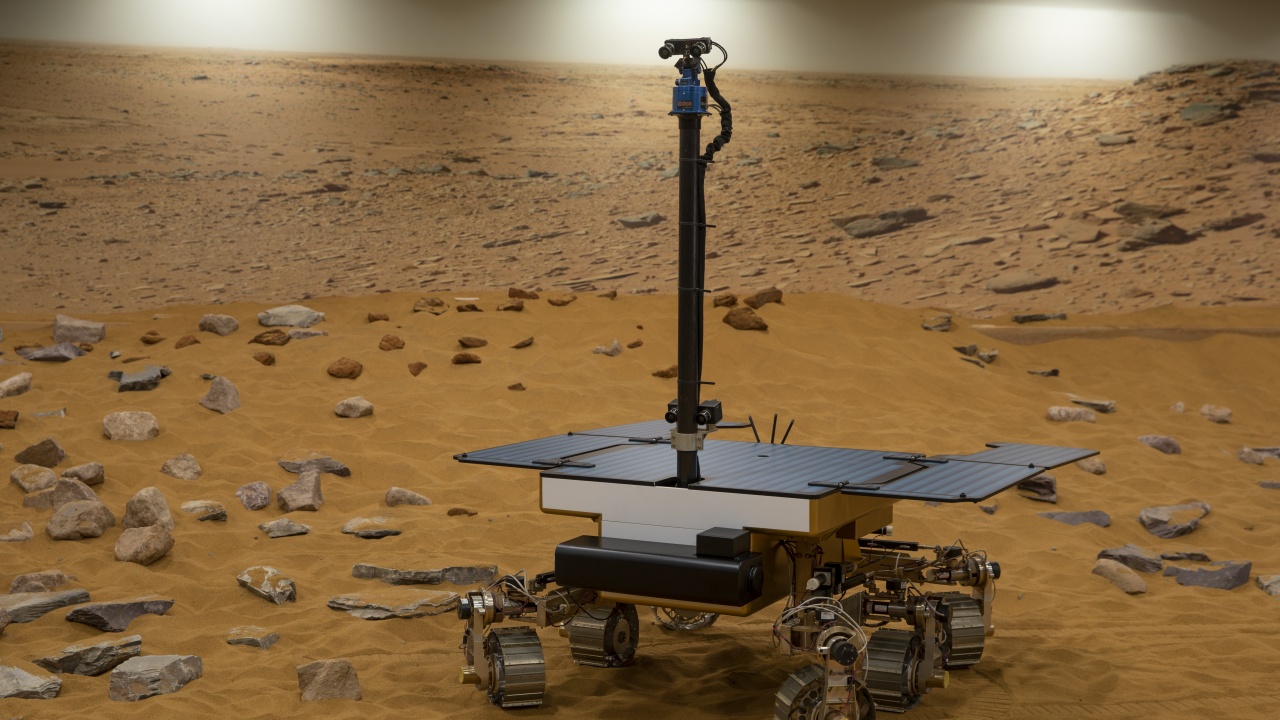The European Space Agency (ESA) has announced that it is permanently suspending cooperation with Russia on the ExoMars mission, which has been suspended for several months due to the invasion of Ukraine, BTA reports.
ESA Director General Josef Aschbacher tweeted that he was authorized to "officially end" cooperation with Roscosmos on ExoMars.
"The circumstances that led to the termination of this cooperation - the war in Ukraine and the sanctions that followed it - continue," he justified.
The European Space Agency has resumed the operation of its scientific missions
On March 17, the space agency, which unites 22 European countries, announced the suspension of the mission to launch an ESA rover to Mars in the fall of 2022 using a Russian launch vehicle and lander.
Condemning the "sabotage", Roscosmos chief Dmitry Rogozin asked the Russian crew of the International Space Station (ISS) to stop working with the ESA's newly installed robotic arm intended for the Russian segment of the orbiting station.
ESA's director recently announced "active discussions" with NASA about rescuing the ExoMars mission.
Its purpose is to search for traces of extraterrestrial life deep in the ground.
The Director General of ESA notified Roscosmos of the termination of cooperation on the "ExoMars" mission due to the complex geopolitical situation, TASS reported.
Options for the return of national equipment to Russia and Europe are being discussed.
"ExoMars" was a joint program of ESA and Roscosmos to explore Mars, consisting of two projects - the probe "ExoMars - TGO" and the rover "Rosalind Franklin".
The first spacecraft arrived in orbit above Mars in October 2016 and made many discoveries about the Red Planet's atmosphere.
Initially, the launch of the second part of the ExoMars mission was planned for 2018, but later the launch of the European rover and the Russian landing platform "Kazachok" was postponed to 2020, and then to 2022. They had to to be launched into space with the "Proton-M" carrier rocket from Baikonur.
ESA predicted a launch window between September 20 and October 1.
Russia
ExoMars
European Space Agency
